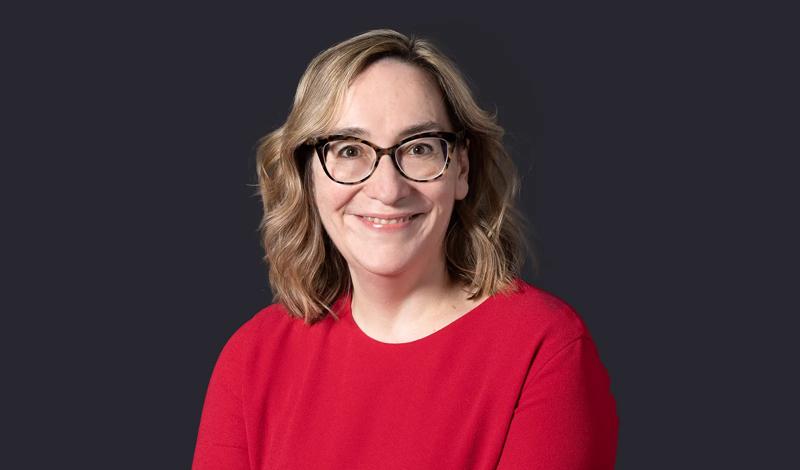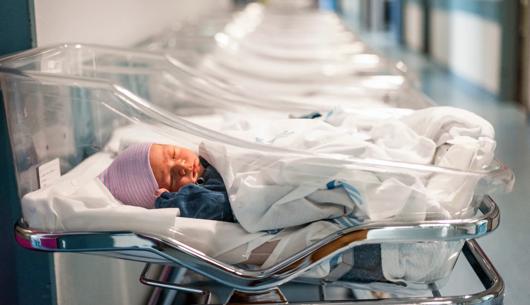We know that many of our health and social care clients are waiting to hear the outcome of this appeal.
Context
In December 2021, the Court of Appeal decided in Worcestershire that a local authority’s duty to provide Section 117 aftercare to a service user under the Mental Health Act 1983 continues until that particular local authority concludes that there is no longer a need for aftercare services for that service user.
In practical terms, that means the duty continues through subsequent informal hospitalisations and detentions under the Mental Health Act, even if a service user becomes Ordinarily Resident in another local authority’s area. This means Section 117 duties survive placements out of a local authority’s particular geographical area, subsequent detentions under the Mental Health Act, and any corresponding changes in the service user’s Ordinary Residence.
Why is it important for you?
Health bodies and local authority adult services teams must be able to forward plan and budget properly. They also need to make and fund urgent aftercare decisions. To do that, they must have certainty on the rules for understanding who is responsible for Section 117 aftercare and when.
And in the meantime…
At this stage, all we know is that the hearing of the appeal is likely to take place in April 2023. Commonly, it takes a further four to eight months before the Supreme Court delivers its judgment, and then another three or four months while the ramifications of the judgment are considered and implemented. In the meantime, Ordinary Residence disputes will continue to be stayed until the judgment is delivered, although they should be referred to the Secretary of State if they cannot be resolved between local authorities within four months. For more information about the decision and the impact for your organisation, please feel free to contact us.
Key contacts

Sarah Erwin-Jones
Partner
Sarah.Erwin-Jones@brownejacobson.com
+44 (0)115 976 6136






































